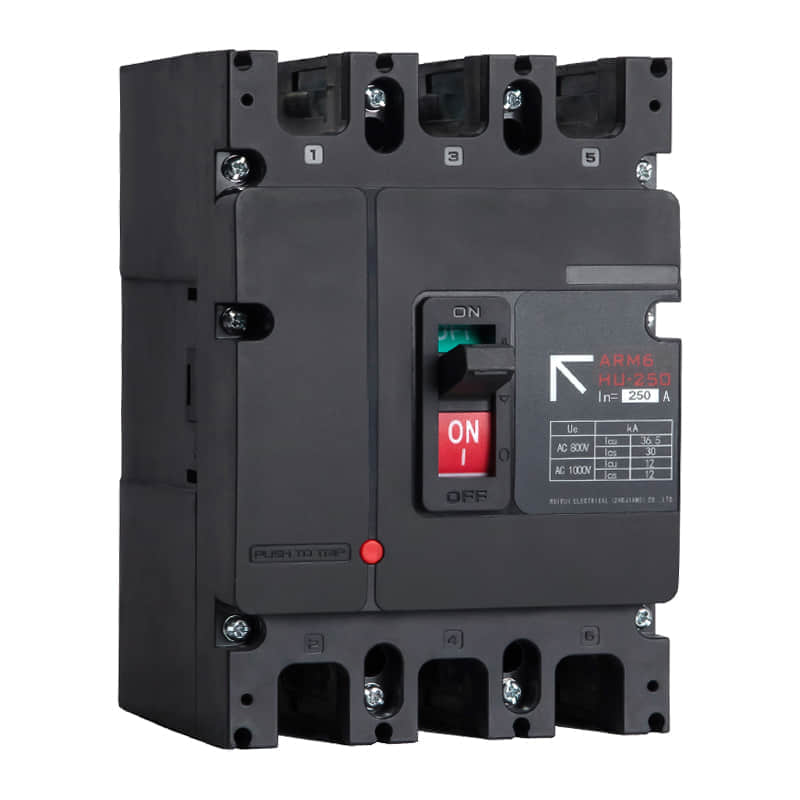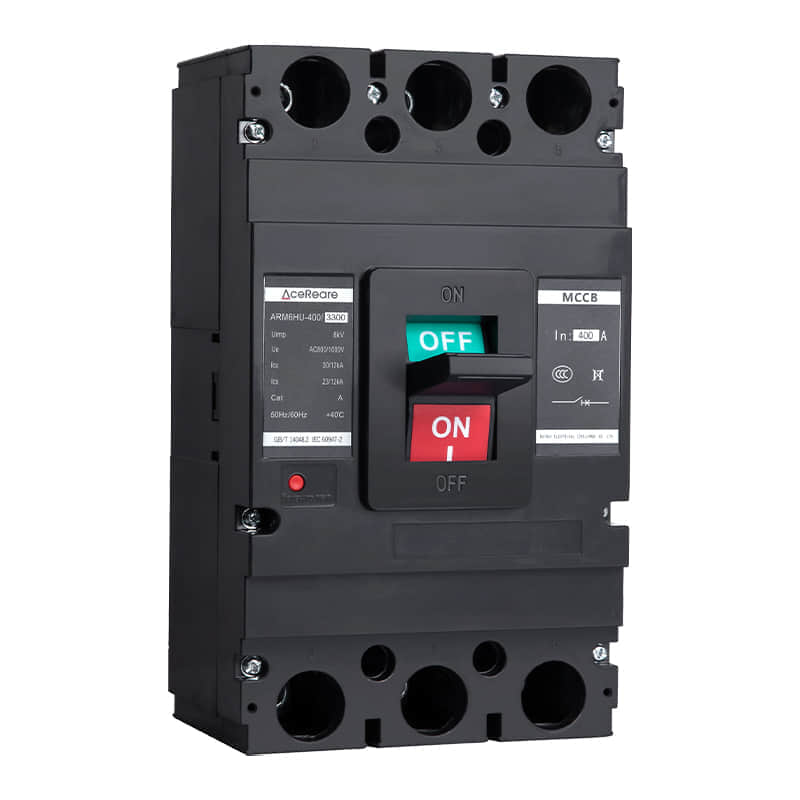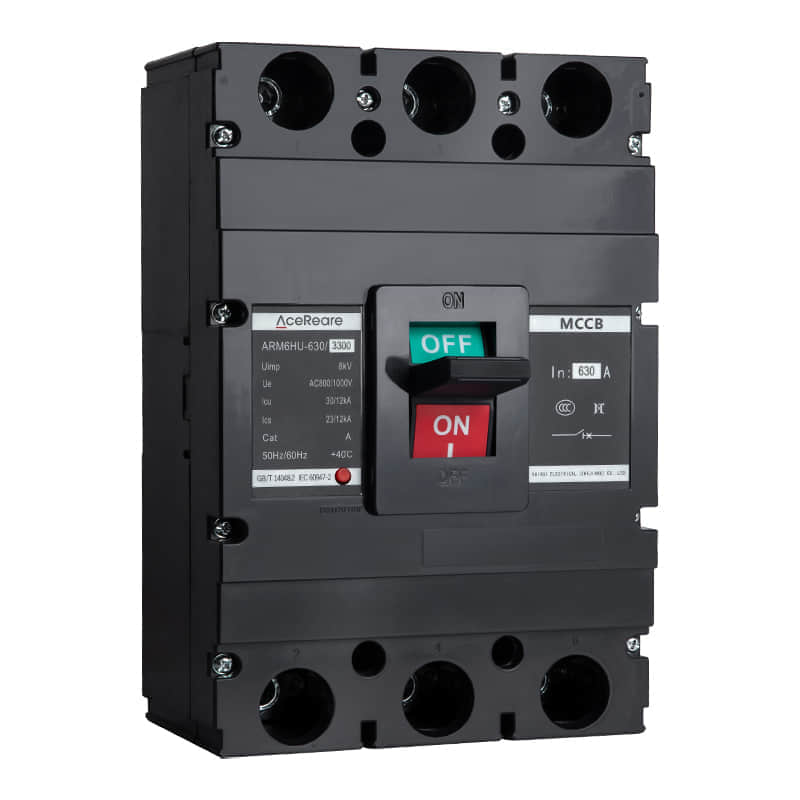Introduction

In the realm of electrical engineering, ensuring the safety and efficiency of power distribution is of paramount importance. Among the various components that contribute to this, Molded Case Circuit Breakers (MCCBs) stand out as critical devices that protect electrical systems from overloads, short circuits, and other potentially hazardous conditions. This article delves into the significance, functioning, and applications of MCCBs in modern electrical setups.

The Significance of MCCBs MCCBs are essential components in electrical distribution networks. Their primary function is to interrupt the flow of current when there is an excessive load or a short circuit, preventing damage to equipment and, more importantly, mitigating the risk of electrical fires. Unlike traditional fuses, MCCBs can be reset after tripping, reducing downtime and maintenance costs. Functioning of MCCBs MCCBs operate based on the principles of thermal and magnetic protection. Inside the molded case, there are bimetallic strips that bend due to the heat generated by an overload. This bending eventually triggers the tripping mechanism, disconnecting the circuit. For short circuits, the magnetic coil within the MCCB generates a strong magnetic field when there’s a sudden surge in current, leading to rapid tripping. Key Features and Components Adjustable Thermal Settings:One of the prominent features of MCCBs is their adjustable thermal settings. This allows engineers to fine-tune the circuit breaker’s response to overcurrent conditions, preventing false tripping while maintaining adequate protection. Instantaneous Trip:In situations like short circuits, where immediate action is crucial, MCCBs provide an instantaneous trip mechanism, swiftly disconnecting the faulty circuit. Current Limitation:MCCBs also offer current limiting capabilities, which restrict the amount of current that can flow through them. This not only protects the circuit from damage but also shields downstream equipment. Applications of MCCBs MCCBs find applications in various industries and settings: Residential:In homes, MCCBs are installed in distribution boards to safeguard circuits from overloads, ensuring the safety of appliances and residents. Commercial:Commercial buildings use MCCBs to protect lighting, HVAC systems, and other critical equipment from electrical faults. Industrial:In industrial setups, MCCBs shield heavy machinery and complex systems from potential damage caused by short circuits and overloads. Renewable Energy:MCCBs play a pivotal role in renewable energy systems, safeguarding solar panels, wind turbines, and battery storage units. Infrastructure:They are also integral to infrastructure projects like transportation networks and data centers, where uninterrupted power flow is imperative. Maintenance and Testing Regular maintenance and testing are essential to ensure the proper functioning of MCCBs: Visual Inspections:Routine checks for signs of wear, corrosion, or damage are necessary to guarantee that the MCCBs are in optimal condition. Functionality Tests:Periodic testing of the MCCBs by simulating overload and short circuit conditions can help verify their responsiveness. Calibration:If applicable, recalibration of the thermal and magnetic settings should be carried out as part of the maintenance routine. Conclusion Molded Case Circuit Breakers are indispensable components in modern electrical systems, providing a crucial line of defense against electrical hazards. Their ability to rapidly interrupt current flow during overloads and short circuits safeguards not only equipment but also human lives. By understanding their functioning, features, and applications, engineers and technicians can ensure that MCCBs continue to play a pivotal role in maintaining the safety and efficiency of electrical distribution networks.
